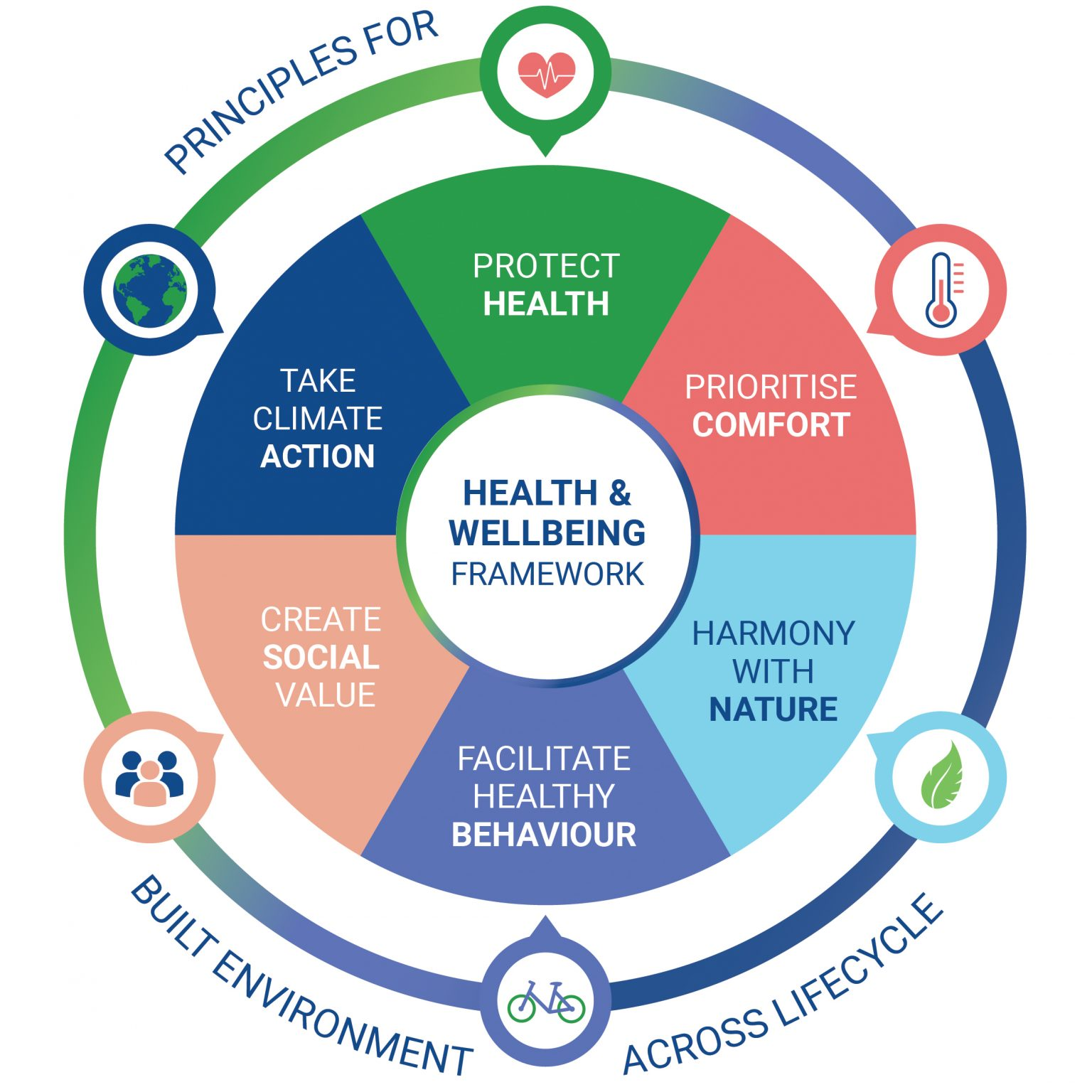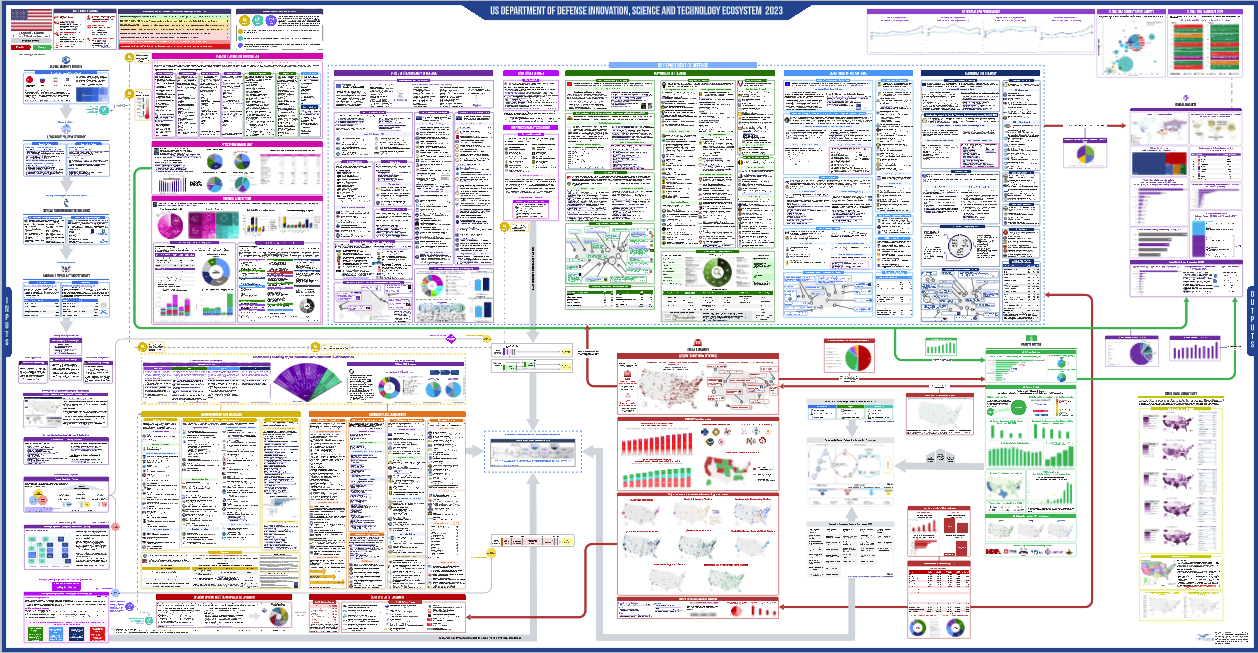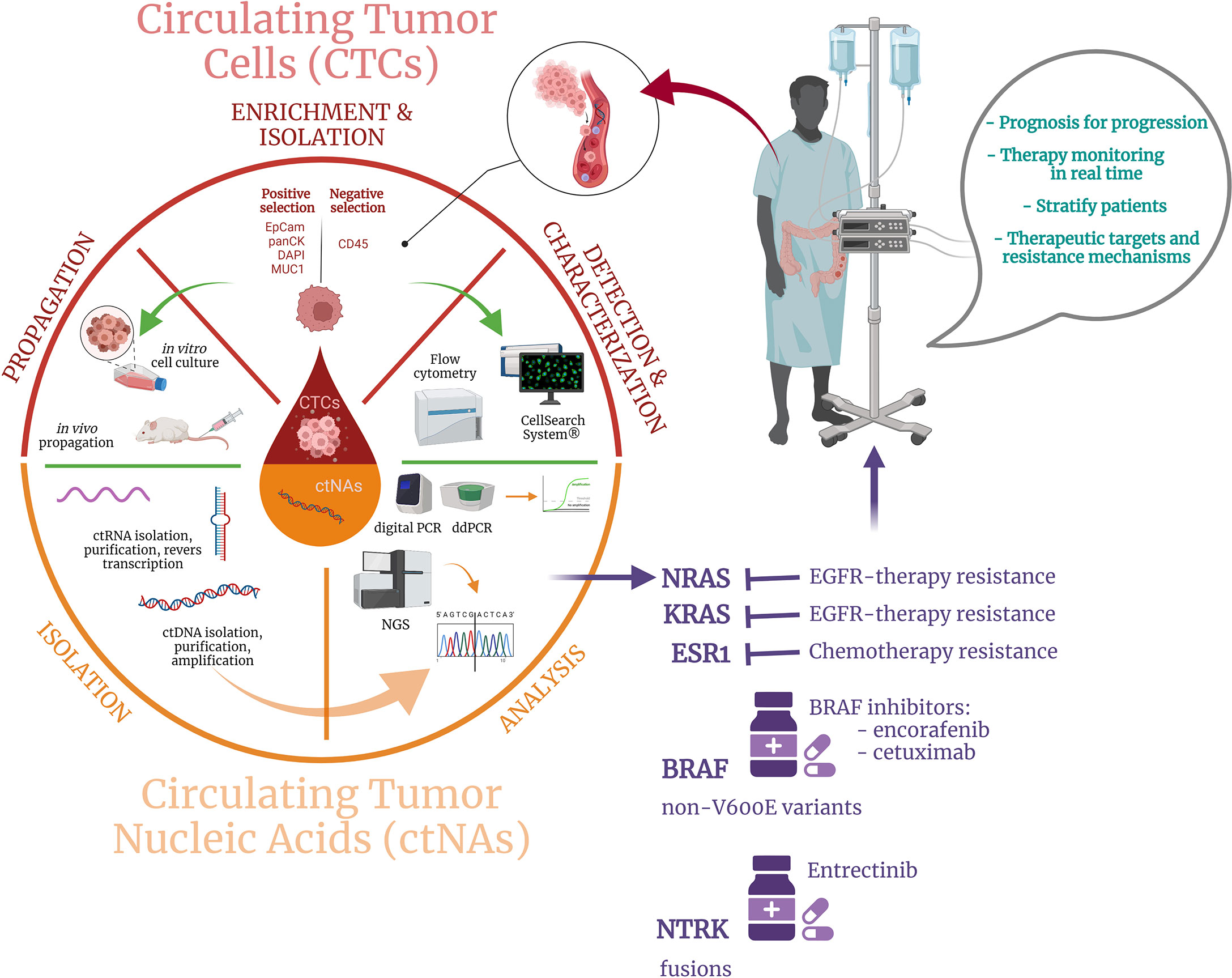Global well-being is a multifaceted concept that encompasses the overall health and happiness of individuals across the planet. Recent studies emphasize the importance of youth well-being as essential for fostering human flourishing in societies. This research highlights alarming trends in mental health, particularly among young people, revealing that despite economic development, many nations are struggling with the emotional and social aspects of life. Community relationships play a critical role in enhancing quality of life, indicating that financial stability alone cannot guarantee true flourishing. As we delve deeper into the complexities of global well-being, it becomes increasingly clear that investment in mental health and strong social networks is vital for nurturing future generations.
The concept of universal wellness transcends borders, weaving together elements of social contentment, physical health, and emotional balance. The flourishing of youth serves as a barometer for the health of societies, prompting reflections on societal priorities and values. Economic growth, while significant, does not equate to happiness or satisfaction, often leaving communities searching for meaningful connections and support systems. Strong interpersonal relationships enrich lives and are essential for comprehensive well-being, showcasing the inherent need for emotional and mental stability. As we explore global wellness, we recognize the imperative to cultivate environments where individuals can thrive holistically.
Global Well-Being and Its Impact on Youth
The recent findings from The Global Flourishing Study underscore the critical link between global well-being and the state of youth across various nations. As Tyler VanderWeele noted, the investment in youth is crucial for ensuring a society’s future prosperity. This intertwined relationship highlights that while economic factors play a significant role, they do not solely dictate the well-being of younger generations. Communities must foster strong relationships, provide mental health resources, and promote human flourishing among youth to truly enhance their global well-being.
In particular, middle-income countries are demonstrating that robust community relationships and supportive environments can lead to higher levels of youth well-being, even above wealthier nations. This challenges the traditional view that financial status equates to the quality of life. It is essential to prioritize youth programs that focus on emotional and relational development, incorporating aspects of mental health and community involvement, which are integral for nurturing resilient and flourishing young individuals.
The Interplay of Economic Development and Mental Health
Economic development often aims to improve living standards and reduce poverty; however, the relationship between financial prosperity and mental health is complex. The Global Flourishing Study revealed that richer nations like Japan show concerning levels of mental health challenges despite their wealth. Conversely, nations such as Indonesia, which are considered middle-income, score higher on various measures of well-being and community relationships. This inconsistency prompts a re-evaluation of our economic strategies, showcasing that mental health and community dynamics should be the backbone of development policies.
Investing in mental health resources and programs that emphasize relationship-building can significantly impact economic development outcomes. As countries pursue economic growth, they must also invest in mental wellness initiatives that facilitate human flourishing. Recognizing the importance of community bonds and mental health can lead to more holistic development approaches, ensuring that economic progress does not come at the cost of mental well-being.
Youth Well-Being: Challenges and Solutions
Youth well-being has become a pressing issue, particularly evident in the findings from the Global Flourishing Study. The troubling trend of declining well-being among young adults highlights the need for targeted interventions that address their unique challenges. Factors such as social media usage, academic pressure, and mental health issues contribute to this decline, suggesting a multi-faceted approach is necessary to support youth effectively.
Solutions must focus on creating environments that foster resilience and emotional intelligence. This includes promoting mental health awareness, providing access to counseling services, and building community support networks. By prioritizing youth well-being initiatives, societies can pave the way for a healthier, more engaged generation that is prepared to contribute positively to their communities and foster human flourishing.
Community Relationships in Enhancing Global Well-Being
Community relationships play a pivotal role in enhancing both individual and global well-being. The findings from the Global Flourishing Study emphasize that nations with strong social ties and community networks tend to exhibit higher levels of overall flourishing. This is particularly significant as it suggests that fostering relationships can serve as a buffer against difficulties and enhance mental health outcomes, ultimately supporting human development.
Investing in community initiatives that promote cohesion, volunteerism, and social engagement can yield substantial benefits for society at large. The evidence indicates that individuals who feel connected to their communities report better mental health and increased life satisfaction. By encouraging participation in social activities and building supportive networks, countries can take significant strides toward improving global well-being.
Reflections on Human Flourishing and Societal Values
The concept of human flourishing encompasses various dimensions of well-being, including happiness, health, and meaningful relationships. The results from the Global Flourishing Study urge nations to reflect on their societal values and the metrics by which they measure success. With financial indicators alone failing to capture true well-being, it raises critical questions about the values that shape economic priorities and policy decisions.
A shift towards emphasizing human flourishing in public discourse can foster environments that prioritize mental health, community involvement, and personal relationships. Leaders must integrate these values into their policies, ensuring that economic advancements support holistic well-being. By redefining success to include flourishing indicators, societies can create a foundation for sustainable growth that enriches the fabric of human experience.
The Importance of Economic Inclusivity for Flourishing
Economic inclusivity emerges as a significant determinant of flourishing, challenging traditional notions of economic success tied solely to wealth accumulation. The Global Flourishing Study’s results highlight that inclusive economic policies that empower all demographics, particularly marginalized groups, can foster a society that thrives together. This perspective emphasizes that equity in financial opportunities directly correlates with community relationships and overall well-being.
When policies prioritize inclusivity, they ensure that mental health resources and community support systems are accessible to all individuals. This approach not only enhances youth well-being but also supports the flourishing of entire communities. It highlights the need for policymakers to understand the interconnectedness of economic systems and social well-being, driving efforts to create more equitable societies where everyone has the opportunity to flourish.
Exploring Educational Systems and Youth Flourishing
Educational systems play a critical role in shaping youth well-being and promoting human flourishing. The Global Flourishing Study points to the need for curricula that prioritize not only academic success but also emotional and social development. Teaching skills such as emotional intelligence, resilience, and relationship management can empower young individuals to navigate life’s challenges more effectively.
By fostering supportive school environments that encourage collaboration, peer support, and community engagement, educational institutions can significantly enhance youth well-being. Schools should serve as hubs for holistic development, integrating mental health resources and community bonds to cultivate flourishing among students. A reimagined educational approach can lay the groundwork for resilient future generations, reinforcing the importance of human flourishing.
Redefining Success in Economic Development
The findings of the Global Flourishing Study compel us to redefine success in economic development beyond mere financial metrics. While wealth and economic growth have traditionally been seen as indicators of a nation’s success, the data reveal a more nuanced picture where mental health and community relationships play vital roles. Countries must reassess their developmental goals to incorporate aspects of well-being and human flourishing.
This redefinition can lead to policies that prioritize social capital, mental health resources, and community building as integral components of economic growth. Emphasizing flourishing alongside conventional economic indicators can foster environments where citizens lead richer, more fulfilling lives. Economic strategies that consider human well-being will ultimately contribute to sustainable development, ensuring both prosperity and a high quality of life.
The Role of Spiritual Well-Being in Flourishing Lives
Spiritual well-being has emerged as a crucial element of human flourishing, often overlooked in discussions on economic development and mental health. The Global Flourishing Study indicates that individuals who engage with their spiritual dimensions tend to report higher levels of overall well-being and life satisfaction. This suggests that an integrated approach to flourishing must encompass spiritual health alongside mental and physical well-being.
Encouraging individuals to explore their spiritual pathways can enhance community bonds and support systems, contributing to a more resilient society. Institutions and policymakers should recognize the value of spiritual well-being and create spaces for individuals to connect with these dimensions, facilitating a holistic approach to flourishing that resonates with diverse populations worldwide. Engaging with spiritual practices could serve as a robust avenue for enhancing global well-being and mental health.
Frequently Asked Questions
What is global well-being and why is it important for youth well-being?
Global well-being refers to the overall quality of life and health of individuals across the world, encompassing physical, mental, and social dimensions. It is crucial for youth well-being as it directly impacts their health, development, and future opportunities. Studies indicate that investing in youth well-being fosters stronger community relationships and promotes human flourishing.
How does mental health relate to global well-being?
Mental health is a fundamental component of global well-being. A society’s collective mental health influences the capacity of individuals to thrive, engage in healthy community relationships, and achieve economic development. Poor mental health among youth can hinder their potential and may affect overall societal flourishing.
What role does economic development play in enhancing global well-being?
Economic development significantly influences global well-being by providing resources and opportunities for improved living standards. However, insights from the Global Flourishing Study suggest that financial success does not guarantee human flourishing; community connections and supportive relationships are equally vital for well-being.
What factors contribute to human flourishing on a global scale?
Human flourishing on a global scale is influenced by various factors, including social relationships, mental health, economic stability, and cultural practices. Studies show that positive childhood experiences and strong community relationships are key to fostering resilience and promoting global well-being throughout life.
Why do middle-income countries often rank higher in youth well-being compared to wealthy nations?
Middle-income countries may rank higher in youth well-being because they often have stronger community ties and social support systems that promote human flourishing. Wealthy nations, while providing financial security, sometimes struggle with social isolation, negatively impacting overall youth well-being.
How can we improve global well-being for future generations?
Improving global well-being for future generations requires a balanced approach that includes investing in youth, promoting mental health, enhancing community relationships, and ensuring economic development does not compromise meaningful living. Emphasizing personal relationships and spiritual well-being can significantly enhance the flourishing of communities.
What is the relationship between community relationships and global well-being?
Community relationships are pivotal for global well-being as they foster social support, shared purpose, and a sense of belonging. Strong relationships enhance mental health and contribute to individuals’ sense of human flourishing, leading to more resilient societies.
How does spirituality influence global well-being?
Spirituality can significantly influence global well-being by providing individuals with meaning and purpose, which are integral to human flourishing. Participation in spiritual practices often correlates with better mental health, stronger community ties, and overall improved youth well-being.
| Key Points |
|---|
| Recent study highlights the complexity of global well-being, especially among youth. |
| Middle-income countries rank higher in youth flourishing than wealthier nations, challenging common beliefs. |
| The U.S. ranks 15th in youth well-being without financial indicators, showing the importance of social connections over wealth. |
| The study includes data from 203,000 respondents across 22 countries, focusing on health, happiness, and relationships. |
| Findings suggest that neglecting spiritual pathways may harm societal progress and individual flourishing. |
| Future research will continue to explore these patterns and the relationship between economic growth and well-being. |
Summary
Global well-being is deeply influenced by factors beyond economic status, as a recent study reveals. The research emphasizes that middle-income nations often provide better well-being outcomes for youth compared to wealthier states, highlighting the crucial role that social relationships and spiritual health play in determining overall flourishing. This challenges the notion that financial wealth directly correlates with heightened well-being and raises important questions about how we can support youth in their development, ensuring they thrive not only economically but also socially and emotionally.



